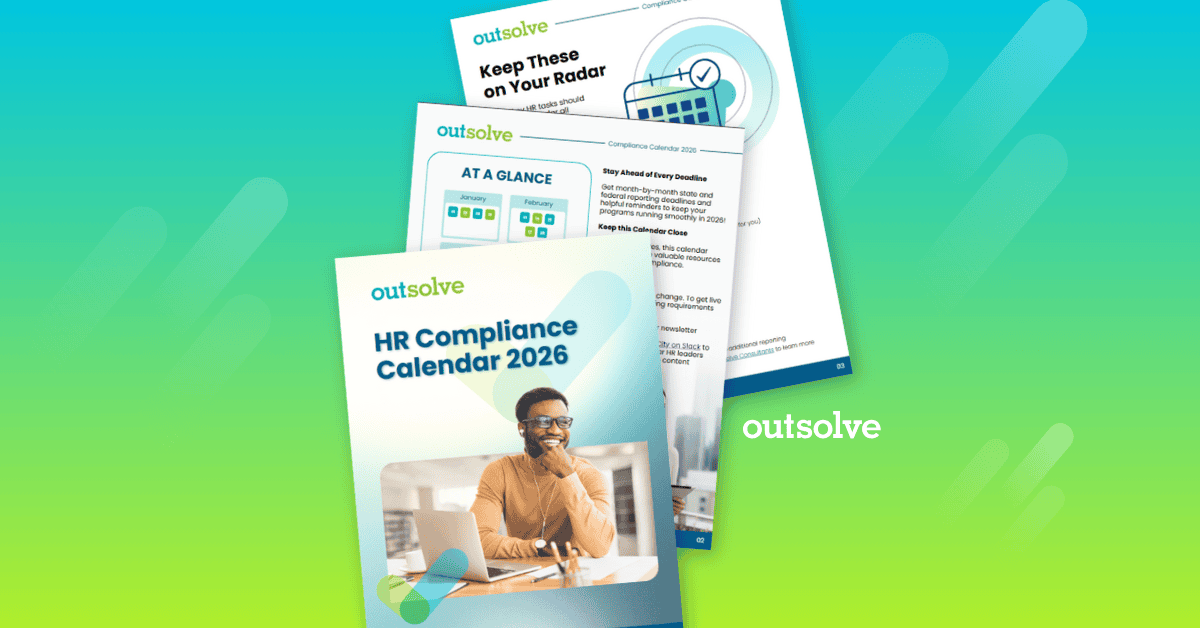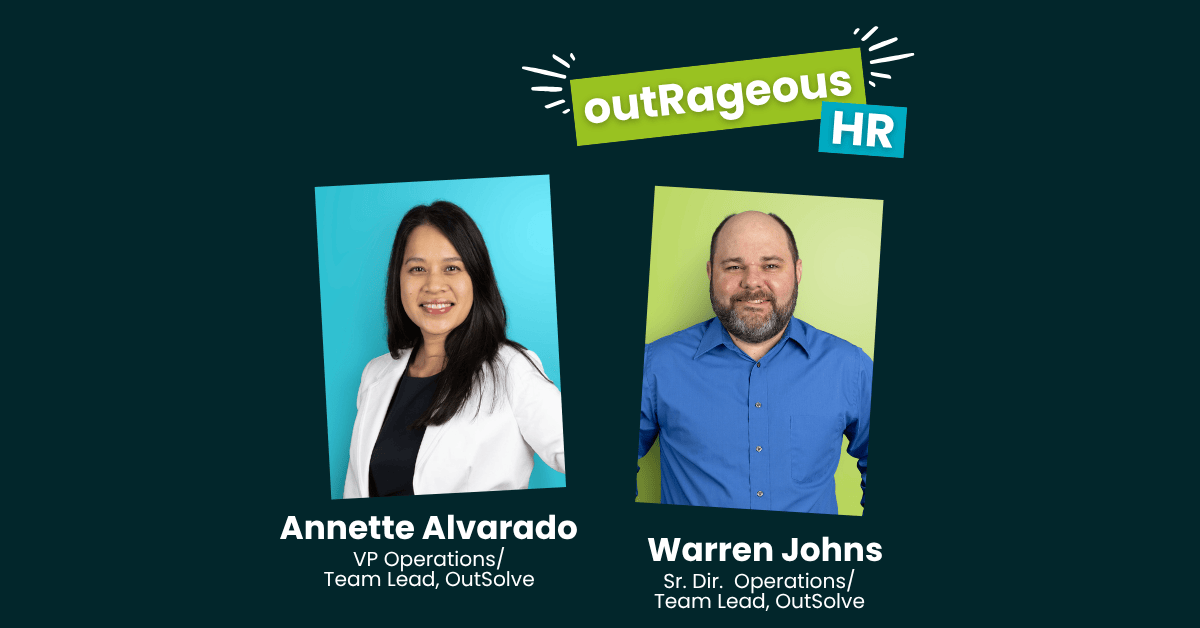2 min read
New York City Law Prohibits Use of Artificial Intelligence in Hiring Decisions
![]() OutSolve
:
Jul 5, 2023 9:32:32 AM
OutSolve
:
Jul 5, 2023 9:32:32 AM
-1.png)
New laws put a significant burden on NYC employers using automated employment decision tools in the internal and external selection process.
New York City recently published its final rule regarding the New York City Automated Employment Decision Tools Law (AEDTL). The law prohibits employers and employment agencies from using “automated employment decision tools” including artificial intelligence for screening purposes unless the tool has been evaluated for bias audits. Enforcement of the AEDTL will begin July 5, 2023.
The rule states that “where an AEDT scores candidates for employment or employees being considered for promotion, a bias audit must, at a minimum:
- Calculate the median score for the full sum of applicants;
- Calculate the scoring rate for individuals in each category;
- Calculate the impact ratio for each category;
- Ensure that the calculations separately calculate the impact of the AEDT on:
-
- Sex categories
- Race/Ethnicity categories
- Intersectional categories by sex, ethnicity, and race
- Indicate the number of individuals the AEDT assessed that are not included in the required calculations because they fall within an unknown category. An independent auditor may exclude a category that represents less than 2% of the data being used for the bias audit from the required calculations for impact ratio.”
The definition of AEDT is a tool “that issues simplified output, including a score, classification, or recommendation, that is used to substantially assist . . . employment decisions that impact natural persons.” This means that companies cannot rely on the screening tool’s results to override conclusions derived from other factors, including human decision-making.
Other notable points identified in the final rule include:
- The bias audit must be performed by an independent auditor who has not been involved in developing the tool.
- Employers must use historical data collected during the use of the tool to conduct the audit unless none exists. In this case, an employer must show how the test data used was generated and obtained.
- Ten days before the tools is to be used, employers must disclose to candidates that they will be using an AEDT, the job qualifications and characteristics that the AEDT will use in assessing the candidate, and instruction for how a candidate can request an alternative selection process or request a reasonable accommodation. Proving an alternative selection is not required, but employers are still required to provide a reasonable accommodation under the Americans with Disabilities Act (ADA).
- Other disclosure requirements include: (1) posting on the company’s website career page about the type of data to be collection, the source of the data, and the AEDT data retention policy; (2) posting on the career page how a candidate can make a written request for such information. If the request is approved the information must be provided within 30 days. If denied, the employer must explain why disclosure would violate local, state, or federal law or interfere with a law enforcement investigation.
%20(1).png?width=300&height=80&name=OutSolves%20Take%20(300%20%C3%97%2080%20px)%20(1).png)
New York City has made it difficult for employers desiring to use AEDTs to assist in the selection process. The amount of analysis required to demonstrate that there is no adverse impact associated with use of the tool along with the voluminous number of disclosures and reporting required may outweigh the decision to use these tools. We recommend all New York City employers review this law in detail to ensure their systems are in compliance.
At the direction of counsel, OutSolve could support the effort by providing a step-based adverse impact analysis and sharing the results under privilege. Counsel can contact OutSolve directly at 888.414.2410 or by email at info@outsolve.com for further information.
Founded in 1998, OutSolve has evolved into a premier compliance-driven HR advisory firm, leveraging deep expertise to simplify complex regulatory landscapes for businesses of all sizes. With a comprehensive suite of solutions encompassing HR compliance, workforce analytics, and risk mitigation consulting, OutSolve empowers organizations to navigate the intricate world of employment regulations with confidence.
Weekly OutLook
Featured Posts

New Year, New Deadlines: 2026 HR Compliance Calendar

outRageous HR: Plan Now or Pay Later
Related Posts

Refreshing Your I-9 Tools and Process to Stay Compliant
Form I-9 is a federal requirement that carries real consequences if handled improperly. With increased scrutiny on immigration by the current...
.png)
New Year, New Risk: Why Federal Contractors Can’t Hit Snooze
Lean in to disciplined, data‑driven compliance

An HR Year in Review: Key Updates in 2025
The unpredictability of 2025 has been an uphill trek for HR teams across the U.S. This year brought substantive employment compliance changes to...
